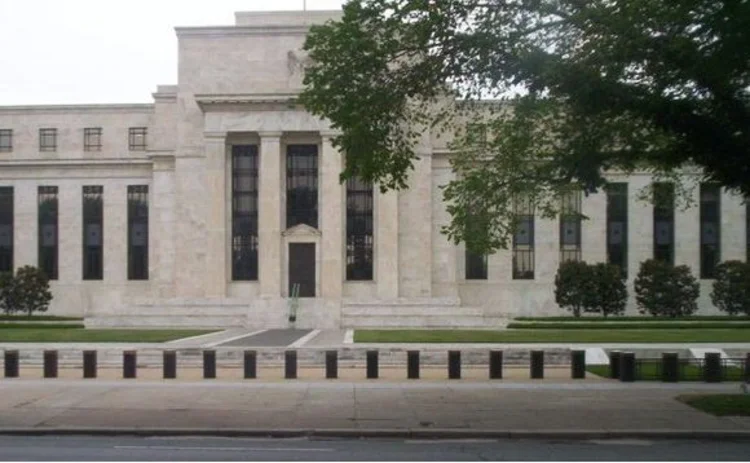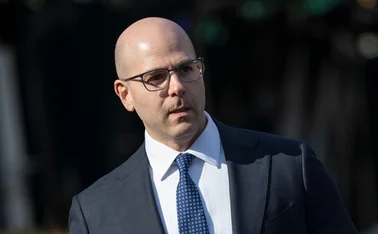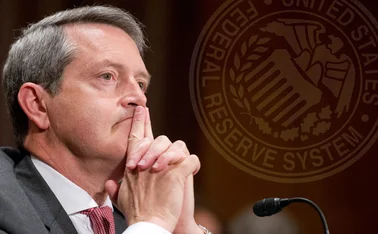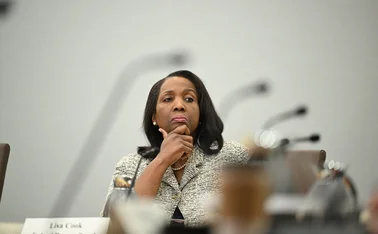
US senator calls for hearings on Fed’s role in 2020 elections
Republican accuses former NY Fed chair Dudley of trying “sabotage” Trump’s trade talks

A US Republican party senator has called for public hearings on the need to prevent the Federal Reserve acting in a politically partisan manner.
Thom Tillis, a conservative senator representing North Carolina, responded angrily to an opinion piece written by former New York Fed president William Dudley. Tillis said he wanted the Senate’s banking committee to discuss the dangers of the Fed becoming a “political weapon” in presidential elections.
Dudley, who was also a former vice-chair of the
Only users who have a paid subscription or are part of a corporate subscription are able to print or copy content.
To access these options, along with all other subscription benefits, please contact info@centralbanking.com or view our subscription options here: www.centralbanking.com/subscriptions
You are currently unable to print this content. Please contact info@centralbanking.com to find out more.
You are currently unable to copy this content. Please contact info@centralbanking.com to find out more.
Copyright Infopro Digital Limited. All rights reserved.
As outlined in our terms and conditions, https://www.infopro-digital.com/terms-and-conditions/subscriptions/ (point 2.4), printing is limited to a single copy.
If you would like to purchase additional rights please email info@centralbanking.com
Copyright Infopro Digital Limited. All rights reserved.
You may share this content using our article tools. As outlined in our terms and conditions, https://www.infopro-digital.com/terms-and-conditions/subscriptions/ (clause 2.4), an Authorised User may only make one copy of the materials for their own personal use. You must also comply with the restrictions in clause 2.5.
If you would like to purchase additional rights please email info@centralbanking.com








